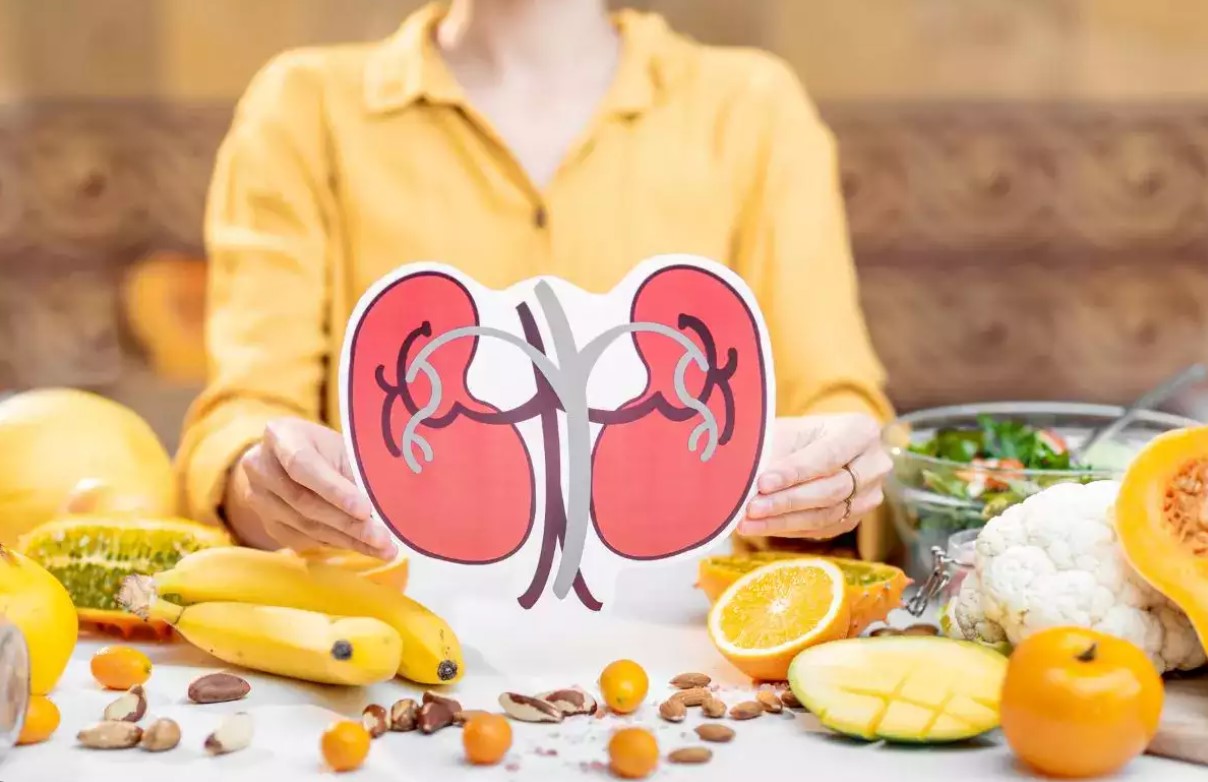The urinary tract is made up of the kidneys, ureters, bladder, and urethra. When bacteria enter this system, it can lead to infections like bladder infections or kidney infections. These are not only uncomfortable, but if left untreated, can cause serious health issues.
While antibiotics are the main treatment for urinary tract infections (UTIs), there are certain foods that may help prevent them or speed up healing. Eating these foods provides nutrients that make the urinary tract less hospitable for bacteria, reduces inflammation, and flushes out infectious agents.
Here are some of the top foods that can help clear infections and cleanse the urinary tract:
Cranberries
Cranberries are likely the most well-known food for preventing and treating UTIs. These tart red berries contain compounds called proanthocyanidins that prevent bacteria like E. coli from sticking to the bladder walls. This makes it harder for an infection to take hold.
You can drink unsweetened cranberry juice, eat fresh or dried cranberries, or take cranberry supplements. However, be aware that many cranberry juices are high in sugar, so look for low-sugar varieties or just eat the whole berries. Aim for at least one cup of cranberry juice per day when treating an active infection.
Blueberries
Like cranberries, blueberries are rich in beneficial proanthocyanidins. They also contain antioxidants known as anthocyanins that reduce inflammation and have antimicrobial effects against certain UTI-causing bacteria.
Fresh or frozen blueberries make a great addition to yogurt, smoothies, oatmeal or desserts. You can also drink blueberry juice. Eat a handful of blueberries daily for UTI prevention and treatment.
Yogurt
Many yogurts, especially ones with live active cultures, contain probiotics like lactobacillus. These “good” bacteria help crowd out the “bad” bacteria that cause UTIs. They also produce hydrogen peroxide that kills infectious microbes.
Choose a yogurt that contains live active cultures listed on the label. Unsweetened Greek or Icelandic yogurts are great options. Eat a container of probiotic yogurt each day, especially during and after a UTI.

Parsley
Fresh parsley is a diuretic herb, meaning it increases urination. This helps flush bacteria and infectious agents from the urinary tract more quickly. Parsley is also high in vitamin C and antioxidants that reduce inflammation.
Add fresh chopped parsley to salads, proteins, rice dishes, or make parsley tea by steeping the leaves in hot water. Aim for at least a 1/4 cup of fresh parsley per day during a UTI.
Green Tea
Like parsley, green tea acts as a diuretic to flush out the urinary tract. But its real power lies in its antioxidant content. Green tea is loaded with catechins, particularly EGCG, which have antimicrobial and anti-inflammatory effects against UTI-causing bacteria.
Drink 2-3 cups of green tea daily during an infection. You can add lemon, which provides vitamin C to further boost its antimicrobial punch.
Pineapple
Pineapple contains an enzyme called bromelain that has anti-inflammatory and antimicrobial properties. Bromelain helps break down the outer coating of bacteria and makes urine more hostile to their survival.
Eat a few chunks or slices of fresh pineapple daily, or drink pineapple juice. Canned pineapple works too, but choose varieties packed in juice instead of heavy syrup.
Cucumbers
Cucumbers are made up of around 95% water, making them a natural diuretic to increase urinary output and flush away bacteria. They also provide vitamin C, caffeic acid, and other antioxidants that fight inflammation.
Enjoy cucumber salads, sliced cukes with hummus or guacamole, or blend them into smoothies or juices. Aim for at least one whole cucumber each day during a UTI.
Hydrating Beverages
While not a food per se, staying hydrated is crucial during a UTI. Being well hydrated helps the body produce more urine to expel bacteria and waste more quickly.
Drink plenty of water throughout the day. Herbal teas like chamomile or ginger tea also count towards fluid intake. Avoid alcohol and caffeine though, as these can irritate the bladder. READ FULL STORY HERE>>>CLICK HERE TO CONTINUE READING>>>
How These Foods Work
So how exactly do these foods help with UTIs? It comes down to four main mechanisms:
1) Anti-Adhesion: Compounds in cranberries, blueberries, and other berries prevent bacteria from sticking to cells in the urinary tract, so they get flushed out more easily.
2) Diuretic Effect: Foods like parsley, green tea, and cucumbers increase urination frequency and volume, helping physically expel infectious bacteria.
3) Antimicrobial Properties: Many of these foods contain compounds that are toxic to UTI-causing bacteria, yeast, and other microbes that cause infections.
4) Anti-Inflammatory: Antioxidants in all of these foods reduce inflammation of the urinary tract, alleviating symptoms and assisting healing.
Additionally, many of these foods provide key nutrients like vitamin C that support immune function, which helps the body fight infections more effectively.
Preventative Measures
While these foods can treat and flush out existing UTIs, they’re also great for prevention. Making them a regular part of your diet creates an environment that’s hostile to bacterial growth in the urinary tract.

Along with preventative foods, make sure to practice good hygiene habits. This includes wiping from front to back after using the bathroom, drinking enough fluids, and urinating before and after sex. Wearing loose clothing and cotton underwear can also help reduce UTI risks.
If you experience recurring UTIs, your doctor may suggest taking a daily supplement of cranberry, D-mannose, or other beneficial compounds until you gain control over the infections.
When to See a Doctor
While dietary and home remedies can help with mild, uncomplicated UTIs, some infections require prescription antibiotics or other medical treatment. Seek professional care if you experience:
– Fever, chills, or shaking
– Back, abdominal, or pelvic pain
– Nausea or vomiting
– Difficulty urinating
– Blood in urine
These could be signs of a kidney infection or other serious complication requiring medical treatment.
Recap: Top Foods for UTIs
To sum up, here are some of the top foods to incorporate for UTI relief and prevention:
– Cranberries and cranberry juice (unsweetened)
– Blueberries
– Probiotic yogurt with live cultures
– Fresh parsley
– Green tea
– Pineapple
– Cucumbers
– Hydrating beverages like water and herbal tea
These nutrient-packed foods and drinks work synergistically to fight UTI-causing bacteria, flush the urinary tract, reduce inflammation, and boost immune function.
While eating them is no substitute for proper treatment, adding these foods to your diet is an easy way to create an unfriendly environment for UTIs. They can relieve symptoms, speed up recovery time, and help prevent recurrences in those prone to infections.
So load up on UTI-busting foods during an infection and make them a regular part of your diet year-round. Along with other preventive habits, doing so gives you a natural, edible defense against pesky, painful UTIs.


 SPORTS10 months ago
SPORTS10 months ago
 SPORTS11 months ago
SPORTS11 months ago
 METRO6 months ago
METRO6 months ago
 SPORTS10 months ago
SPORTS10 months ago
 SPORTS10 months ago
SPORTS10 months ago
 METRO11 months ago
METRO11 months ago
 METRO6 months ago
METRO6 months ago
 METRO10 months ago
METRO10 months ago




